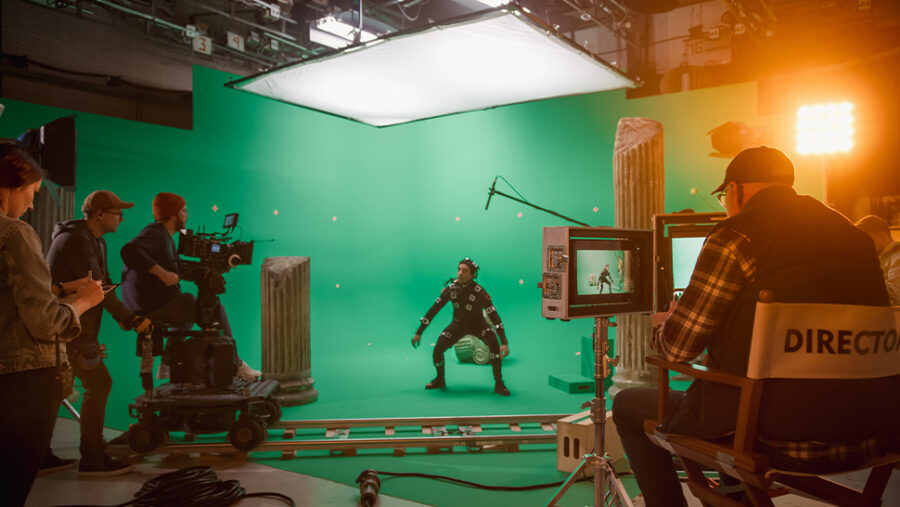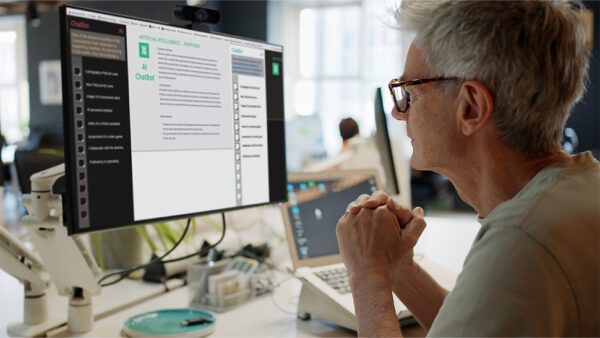

A third of AI companies in Europe are found in the UK and 75% of AI companies in the UK have their registered addresses in London, the South East and the East of England. AI technology is growing at pace, bringing huge opportunities and advancements in process and automation.
Progress, however, comes with its own set of challenges. Defining AI can be difficult due to rapid changes in technology. It is also widely accepted that AI is likely to become significantly more capable and accessible in the near future and that ‘good AI is safe AI’. With no AI-specific legislation created to date, current emphasis is on voluntary safety and transparency measures. However, there is a risk of different bodies and regulators interpreting guidelines in different ways. Key UK regulators have now published details of their strategic approaches to AI, full details of which can be found here.
The UK is also investing more in AI safety than any other country in the world. This investment includes the creation of the ‘Digital Regulation Cooperation Forum AI and Digital Hub’ where innovators with AI and wider digital queries, across multiple regulators, will be able to submit queries and receive a personalised response. The aim is to increase confidence in bringing new digital and AI products to market quickly, safely and efficiently.
One sector which has grown rapidly is the Thames Valley area, and which is a keen adopter of AI technology, is film and media. Numerous studios including Shepperton, Pinewood, Bray, Arborfield, Fleetwood and Shinfield all have bases in the region, taking advantage of reduced costs and excellent transport links to London. The film industry uses AI in many ways including creating sets, selecting potential actors for casting, and even scriptwriting. There are however concerns that AI may be used to generate characters and content from existing films, an issue which led to an actors strike in 2023.
How might it affect me?
Many businesses will already be using AI as part of their operations. Others may be creating AI products and services themselves. With an industry which is developing so quickly, keeping on top of the technology available can be a challenge in itself.
As the use of AI continues to grow in both our business and personal lives, industry guidelines are playing an important role in shaping attitudes as to how products and services are developed and used.
Regulation will naturally follow and keeping your business within current guidelines should mean the impact of any legislation will be minimal.
What should I do now?
If you’re a user of AI tech, make sure you’re aware of any AI guidelines which may be relevant for your business. Regulation will follow in time, but these guidelines will shape best practice and allow you to sense check what AI you’re using and how it’s used.
Examples of guidance which may be relevant for you and your business include ICO guidance for AI and data protection or the CIPD’s guide for using AI in your organisation.
In March 2024, PACT, the UK screen sector trade body, issued guidelines for its members on the implications of using generative AI in the sector. Their focus is on the need for fairness, protecting copyright and creativity and encouraging transparency in terms of how AI tools are used in production.
The influx of film studios and associated businesses is a huge opportunity for the Thames Valley region and beyond. Taking specialist legal advice on everything from financing a films to insuring a high speed car chase is vital in order to navigate what can be a very complicated, not to mention litigious, industry.










